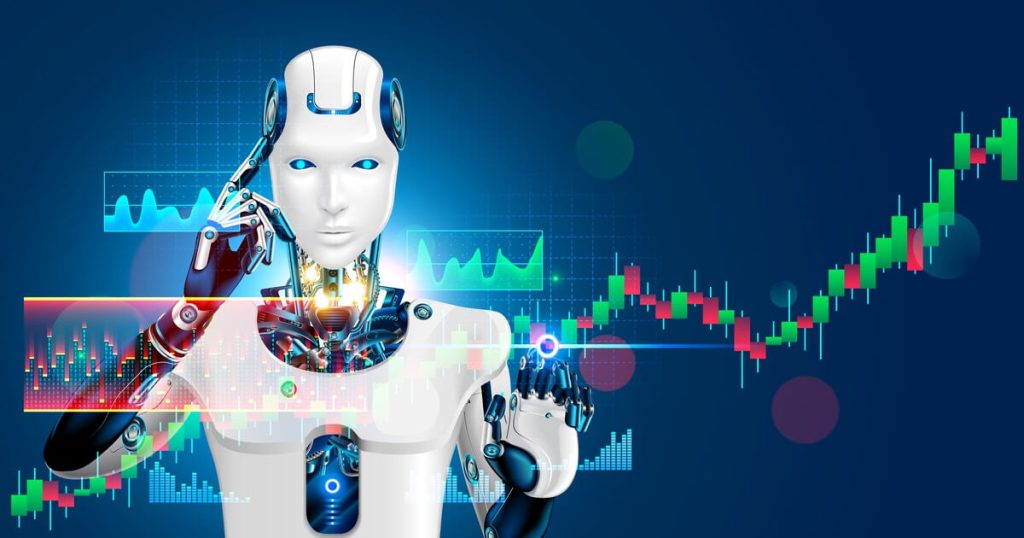From a business perspective, applying bacterial-inspired coding principles to open source AI projects presents significant market opportunities. Companies can leverage modular, self-contained code to reduce development costs and accelerate time-to-market for AI solutions, a critical factor as 85% of AI projects fail to deliver ROI due to integration challenges, as noted in a 2023 Gartner study. For instance, small, reusable AI models or libraries can be shared within open source communities, enabling startups and enterprises to build customized applications without starting from scratch. This approach also fosters monetization strategies such as offering premium support, consulting, or enterprise-grade versions of open source AI tools, a model successfully adopted by companies like Red Hat. However, challenges remain, including ensuring code quality and security in highly collaborative environments, as seen in the 2022 Log4j vulnerability incident reported by Cybersecurity Ventures, which impacted millions of systems. Businesses must invest in robust governance and automated testing tools to mitigate risks. Additionally, the competitive landscape is intense, with tech giants like Google and Microsoft dominating AI open source contributions, as per GitHub’s 2023 data, making it essential for smaller players to focus on niche, high-value solutions to stand out.
On the technical side, implementing bacterial-inspired coding in AI development requires a focus on lightweight architectures and modular design, akin to microservices in software engineering. Developers can create AI models with minimal dependencies, ensuring they are ‘copy-paste-able’ across projects, much like bacterial gene transfer. This aligns with trends in 2025, where edge AI deployment is expected to grow by 25% annually, according to IDC reports from late 2024, necessitating efficient, portable code for IoT devices and low-resource environments. However, implementation challenges include maintaining interoperability and avoiding fragmentation, as overly modular systems can lead to compatibility issues. Solutions involve adopting standardized frameworks like TensorFlow or PyTorch, which support modular AI development and are widely used in open source projects as of 2025. Looking to the future, this approach could redefine AI scalability, enabling faster iteration and adaptation in dynamic markets. Regulatory considerations also arise, especially in data-heavy sectors like healthcare, where compliance with GDPR or HIPAA, as emphasized in 2023 EU reports, remains critical for open source AI tools handling sensitive data. Ethically, ensuring transparency in community contributions and avoiding exploitation of volunteer developers are key best practices. Karpathy’s vision, while conceptual, highlights a path toward sustainable, collaborative AI innovation with profound implications for industry growth and technological advancement in the coming years.

